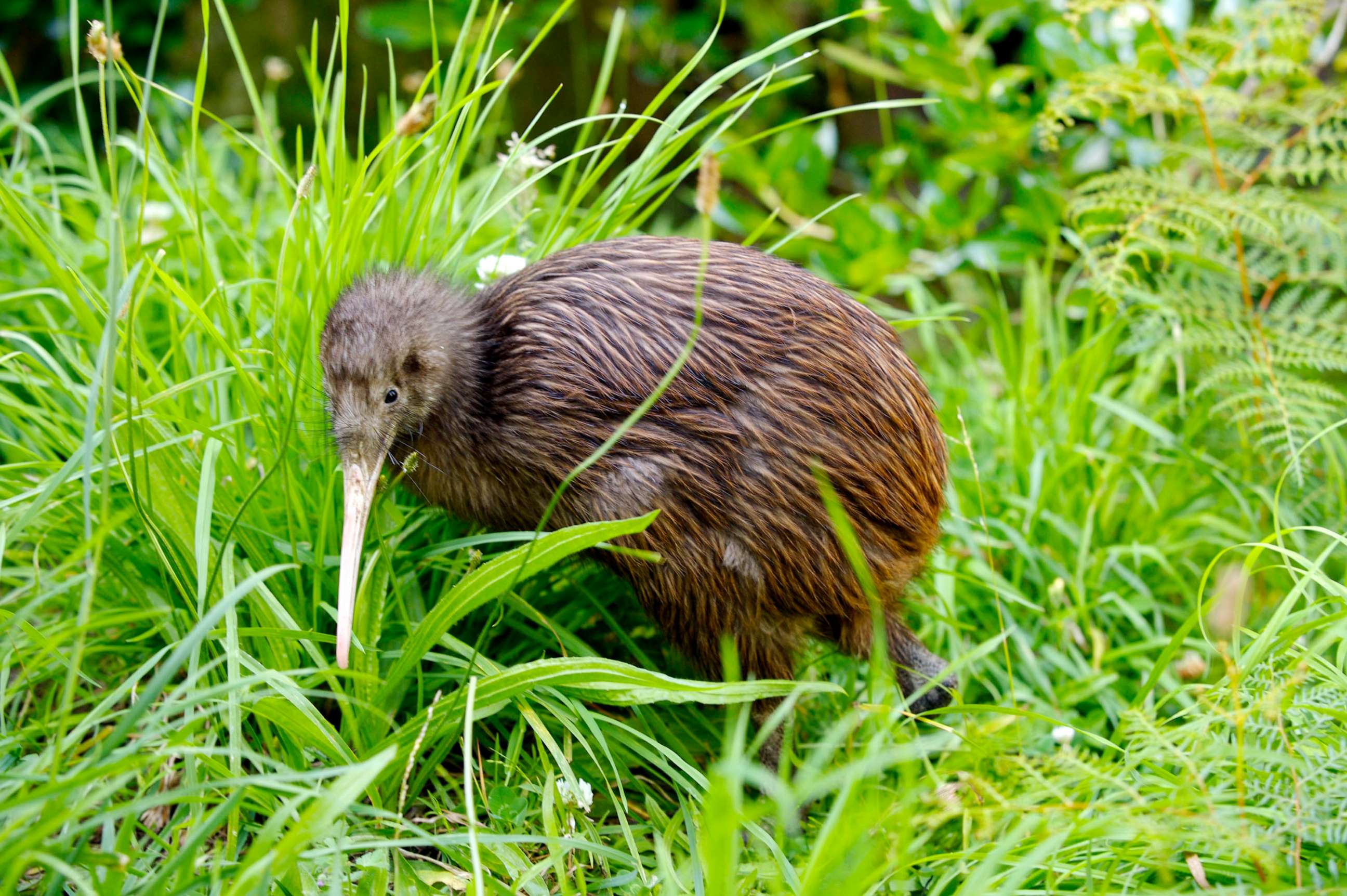Zoo Miami apologizes after treatment of Kiwi bird sparks outrage
The zoo apologized after online videos sparked outrage.
Zoo Miami has apologized following an uproar over its treatment of a kiwi bird under its care.
Footage emerged online showing Paōra, a male Kiwi bird, being petted by guests at the zoo's "encounter experience." Videos also showed the nocturnal bird being placed in a brightly lit enclosure.
The footage sparked outcry among New Zealanders at home and abroad, who say the Kiwi, New Zealand's national bird, is being mistreated.
Paōra was the first kiwi to hatch in Florida in 2019.
A petition to "Help Save" Paōra garnered over 12,300 signatures in three days as people called for investigations into the kiwi's living conditions.
"Kiwis are our precious Taonga, not America's toys," read the petition, which was started by New Zealander Jeseka Christieson.
Zoo Miami apologized for its treatment of Paōra on Wednesday, announcing that it has scrapped "encounter" experiences with the bird to take effect immediately.

"First and foremost, on behalf of everyone at Zoo Miami, please accept our most profound and sincere apology for the stress initiated by a video on social media depicting the handling and housing of 'Paora,' the kiwi bird that is presently under our care. The concerns expressed have been taken very seriously and as a result, effective immediately, the Kiwi Encounter will no longer be offered," the zoo said in a statement.
The zoo also announced that plans are underway to build a "special habitat" for Paōra with "relative darkness," where guests can learn about the unique bird without direct contact.
The move comes as New Zealand's Department of Conservation announced it will be "discussing the situation" with the American Associations of Zoos and Aquarius, thanking viewers for raising concerns about the welfare and handling of Paōra.
New Zealand's Prime Minister Chris Hipkins thanked Zoo Miami for taking the nation's concerns seriously.
"The zoo [has] immediately taken steps to address the concerns that were raised," Hipkins said. "They have acknowledged that what they were doing wasn't appropriate or wasn't right or wasn't fair to the kiwi. I thank them for taking it seriously."
The bird is dear to many New Zealanders, who refer to themselves as "Kiwis," a nickname that first started around World War I.
The small and unique bird appears on New Zealand's postage stamps and is native to the country. The bird has cultural, historic and spiritual significance to the Māori people. Kiwi feathers are used to make the iconic "kahu kiwi," a traditional feather cloak worn by tribal chiefs that is symbolic of protective spirits.
There are an estimated 70,000 kiwis left in New Zealand, according to New Zealand's Department of Conservation.
Paōra was the first kiwi to hatch in the state of Florida. The bird was part of Smithsonian's National Zoo breeding program that aimed to ensure the survival of the threatened species. Zoo Miami said it was "happy to have watched him grow and thrive" under its care.
"Though Paora has thrived at Zoo Miami while receiving the best care available, the development of the Kiwi Encounter was, in hindsight, not well conceived with regard to the national symbolism of this iconic animal and what it represents to the people of New Zealand, especially the Maori," the zoo said in the statement.
"Having had the honor of hosting the Honorable New Zealand Ambassador to the United States and several representatives of the Maori people during a special naming ceremony here at Zoo Miami, it is especially painful to all of us to think that anything that has occurred with Paora here at Zoo Miami would be offensive to any of the wonderful people of New Zealand. Again, we are deeply sorry," the statement added.




